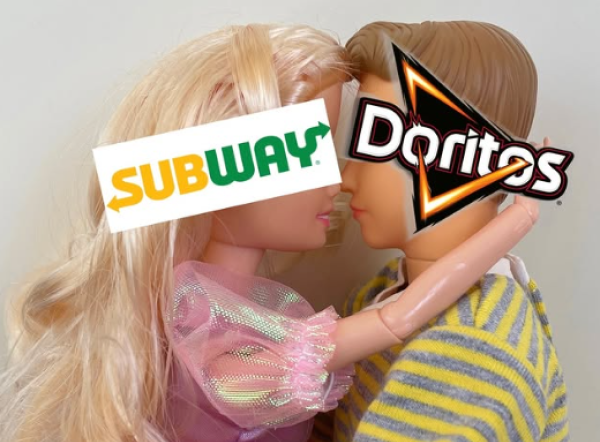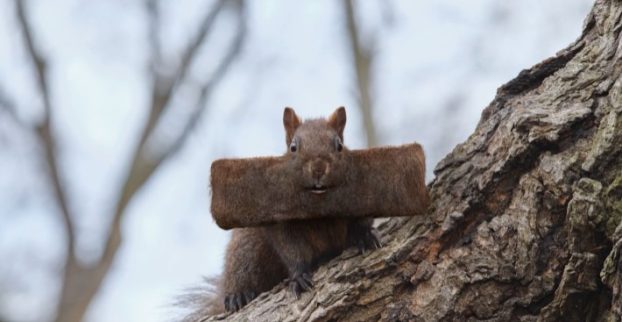Mckim Media Group, a division of BBDO Canada, has come out on top of the heap as new television media buying agency-of-record for PepsiCo’s four Canadian divisions.
PepsiCo buys about $50 million worth of television a year in Canada.
Pepsi-Cola Canada Beverages accounts for half of the total with the remainder divided amongst Kentucky Fried Chicken, Pizza Hut and Hostess Frito-Lay.
The incumbent agency for each company will continue to handle creative, strategic development and media planning.
About two months ago, word leaked out that PepsiCo had launched an examination into the idea of consolidating its tv aor under one roof.
J. Walter Thompson, which has handled Pepsi-Cola’s business full-service for the past 25 years, lost the most as a result of the consolidation.
A number of media-only and full-service agencies took part in the process including the four main Canadian agencies: FCB Canada (Pizza Hut), McKim Baker Lovick/BBDO (Hostess Frito-Lay), Young & Rubicam (Kentucky Fried Chicken) and jwt.
Over the next 90 days, a plan will be put into place on how to handle the new arrangement.
Steve Davis, Pepsi-Cola vice-president, marketing and sales, expects the media budget will become 10% to 15% more effective because of the consolidation.
Creative for the most recent Pepsi-Cola television campaign currently on the air was created by the company’s u.s. agency BBDO New York.
Canadian placement was handled by jwt.
bbdo handles Pizza Hut, Pepsi-Cola and Kentucky Fried Chicken in the United States and much of the PepsiCo business internationally.
Andy Krupski, jwt president and ceo, says even though the agency wasn’t behind the creative for the ‘Be Young. Have Fun. Drink Pepsi.’ campaign, his shop still does ‘a tremendous amount of television creative’ for Pepsi in Canada, including Pepsi brand, 7UP, Diet 7UP and Diet Pepsi and all of the French-language work.
He says the media-buying consolidation is part of an overall effort to give PepsiCo a competitive edge.
Steve Davis says a lot of u.s. material for Pepsi-Cola is used in Canada, if applicable to the market, but there are many situations when Canada has specific needs and jwt takes care of them.
Some Pepsi brand strategy and positioning is also sourced from the u.s., but Davis says jwt handles any Canada-only strategies.
He cites the Pepsi Taste Patrol as one of the made-in-Canada programs that included advertising.
jwt is also responsible for account servicing, media planning and French-language creative.
Davis says Pepsi has to look at all options if it wants to run efficiently and improve its postion.
He says the consolidation will accrue long-term benefits for the company and it has jwt’s support.
Part of his job, Davis says, is to make sure the agencies are happy and making a profit and he will need to assess what changes have to be made to ensure that the agencies are fairly compensated.
Tim Hilliard, director of marketing for kfc, says a big benefit of the consolidation for his company is that ‘it will allow us to tie in jointly with some properties that simply might not have been economically viable for us before.
‘We really need to strive to look for the areas of common opportunity to make this thing happen.’
Hilliard says the broad range of consumers that PepsiCo companies pursue also makes consolidation an attractive proposition. ‘In some situations, the diversity in target groups actually provides advantages in going out as a large aor and buying a lot of media.’
Hilliard says the agencies that made presentations were the cream of the crop in tv buying in Canada but that McKim best suited PepsiCo’s needs for several reasons, not the least of which is its position as the single biggest buyer of television in Canada.






















